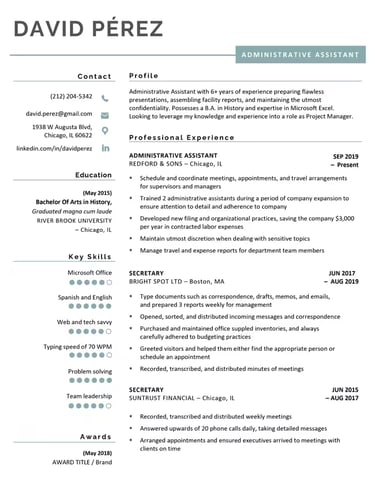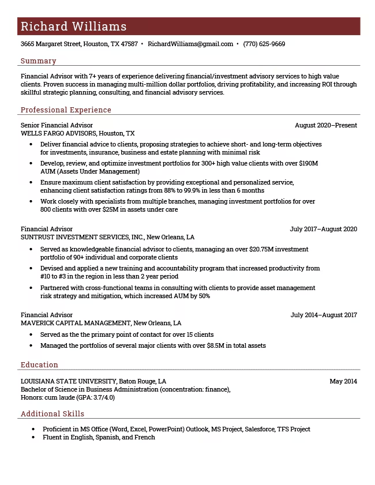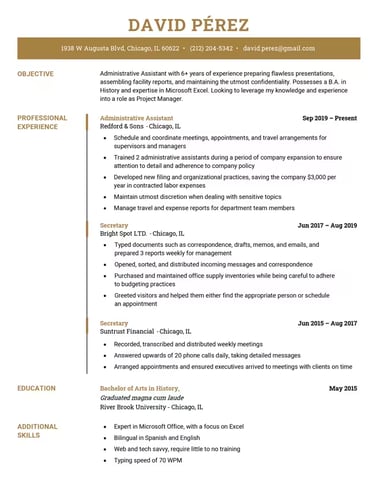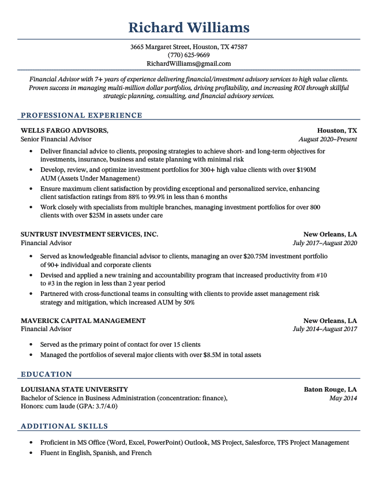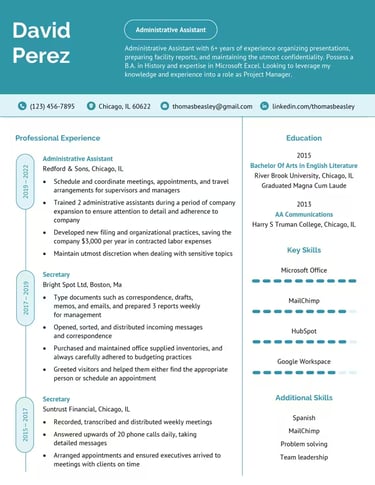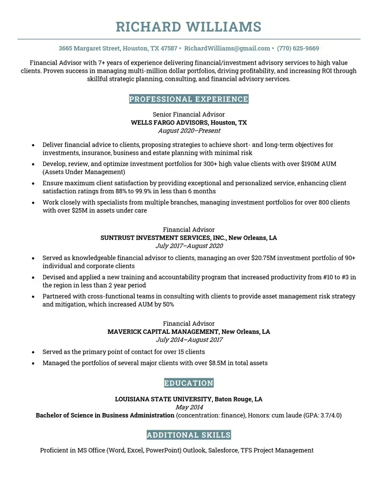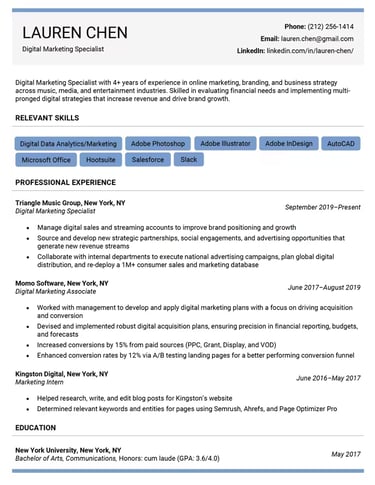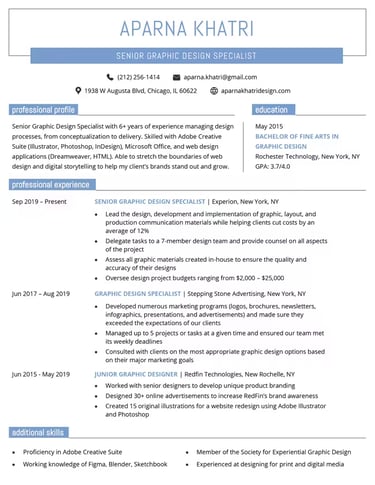The Importance of Soft Skills on Your Resume: What to Include and What to Avoid
employers today increasingly value soft skills—those intangible qualities that showcase your ability to communicate, collaborate, and adapt in the workplace. Here’s a comprehensive guide on why soft skills matter, which ones to highlight, and common mistakes to avoid when including them on your resume.
RESUMES
Akshata Bhat
12/17/20242 min read


When crafting a resume, it’s easy to focus primarily on technical abilities, certifications, and educational qualifications. While these “hard skills” are crucial, employers today increasingly value soft skills—those intangible qualities that showcase your ability to communicate, collaborate, and adapt in the workplace. Here’s a comprehensive guide on why soft skills matter, which ones to highlight, and common mistakes to avoid when including them on your resume.
Why Are Soft Skills Important?
Soft skills reflect your interpersonal abilities, emotional intelligence, and workplace demeanor. According to a LinkedIn Global Talent Trends report, 92% of talent professionals agree that soft skills are just as important, if not more so, than hard skills.
Employers look for candidates who can:
Build and maintain strong working relationships.
Adapt to changes in the workplace.
Solve problems creatively and effectively.
Communicate clearly across teams and hierarchies.
By highlighting relevant soft skills, you demonstrate that you’re not just technically capable but also an asset to the company culture.
Essential Soft Skills to Include
When choosing which soft skills to add to your resume, focus on those that align with the job description and industry. Here are some universally sought-after soft skills:
Communication Skills -Verbal and written communication abilities are crucial for almost every role. Highlight examples of how you effectively convey ideas, manage conflicts, or lead presentations.
Teamwork and Collaboration- Showcase your ability to work well with others, contribute to team success, and resolve conflicts professionally.
Adaptability and Flexibility- Employers value candidates who can navigate change, learn new systems, and thrive in dynamic environments.
Problem-solving and Critical Thinking- Demonstrating how you analyze challenges and implement innovative solutions will make your application stand out.
Time Management and Organization- Mention your ability to meet deadlines, prioritize tasks, and manage multiple responsibilities efficiently.
Leadership and Emotional Intelligence -Even if you’re not applying for a managerial role, leadership qualities like initiative and empathy are valuable. Highlight instances where you guided a team, resolved interpersonal conflicts, or motivated colleagues.
How to Effectively Highlight Soft Skills
Use Examples and Metrics
Avoid vague statements like “excellent communicator.” Provide context with specific examples.
Example: “Facilitated weekly team meetings to streamline project timelines, resulting in a 20% improvement in efficiency.”
Incorporate Skills into Your Work Experience
Weave soft skills into your job descriptions instead of listing them separately.
Example: “Collaborated with cross-functional teams to launch a marketing campaign that exceeded engagement targets by 30%.”
Tailor Your Skills to the Job Description
Match your soft skills to the job requirements in the posting. This shows relevance and attention to detail.
Common Mistakes to Avoid
Listing Irrelevant Soft Skills
Avoid generic phrases like “people person” or “quick learner” unless backed by specific achievements.
Using Jargon or Buzzwords
Steer clear of clichés like “synergy” or “out-of-the-box thinker.” Use clear language and concrete examples instead.
Overloading Your Resume
Don't include too many soft skills. Stick to 3-5 key skills that align with the role to maintain impact.
Neglecting Hard Skills
Ensure a balance between soft and technical skills. Soft skills should complement, not overshadow, your hard qualifications.
Final Thoughts
Soft skills are an integral part of a standout resume. They demonstrate not just what you can do, but how you do it. By carefully selecting and articulating relevant soft skills, you can present yourself as a well-rounded candidate who’s ready to contribute both technically and interpersonally. Remember, it’s not just about saying you have these skills—it’s about proving them through your experiences and achievements.
Assistance
© 2025. All rights reserved.
Please note that none of my services are available for Per Scholas learners and alumni. As a Per Scholas employee, I will assist them for free. My freelance work is conducted outside of my professional role, in compliance with the non-solicitation policy
